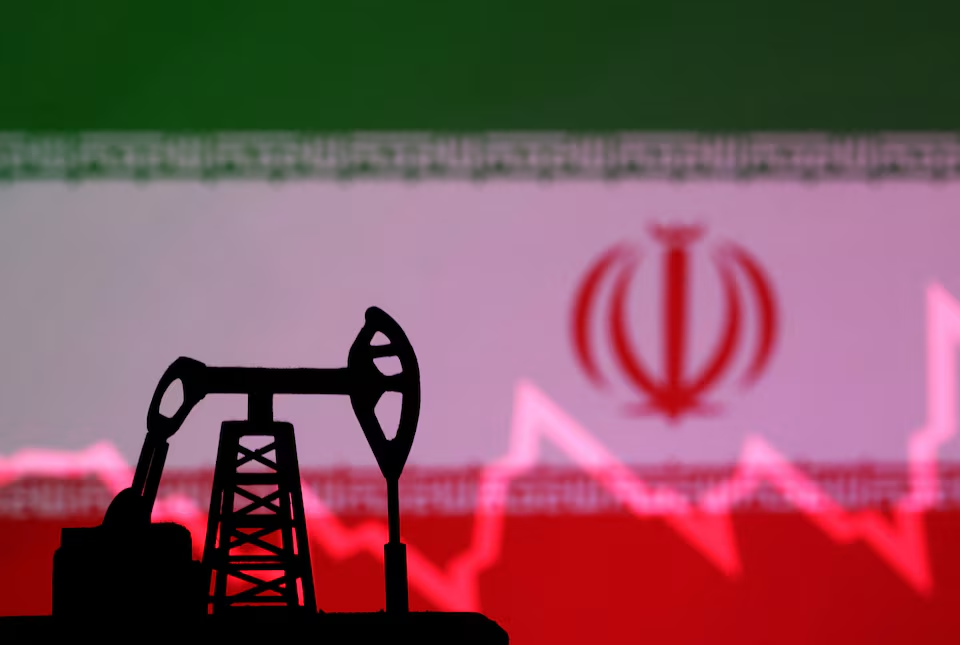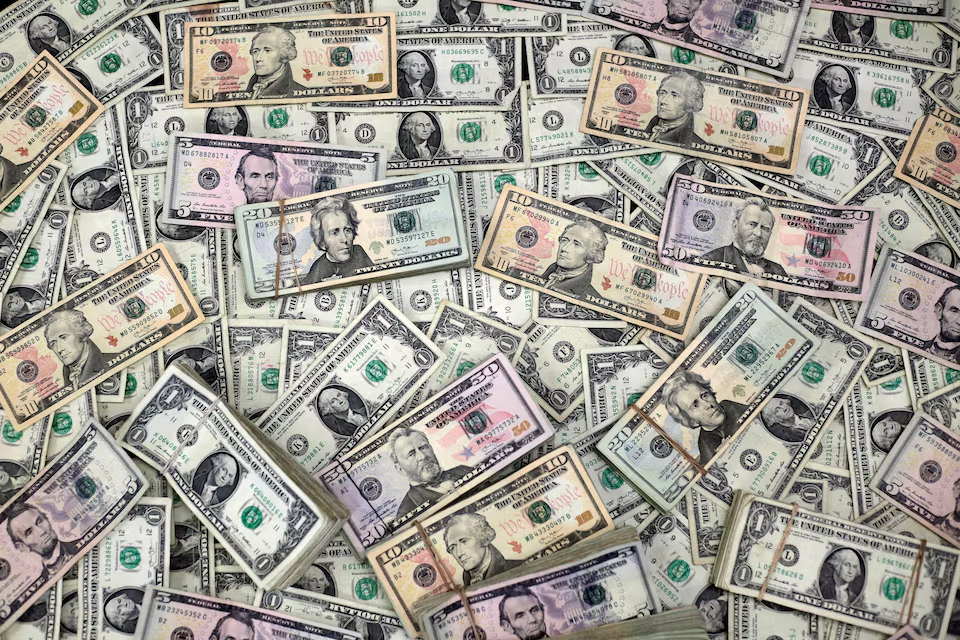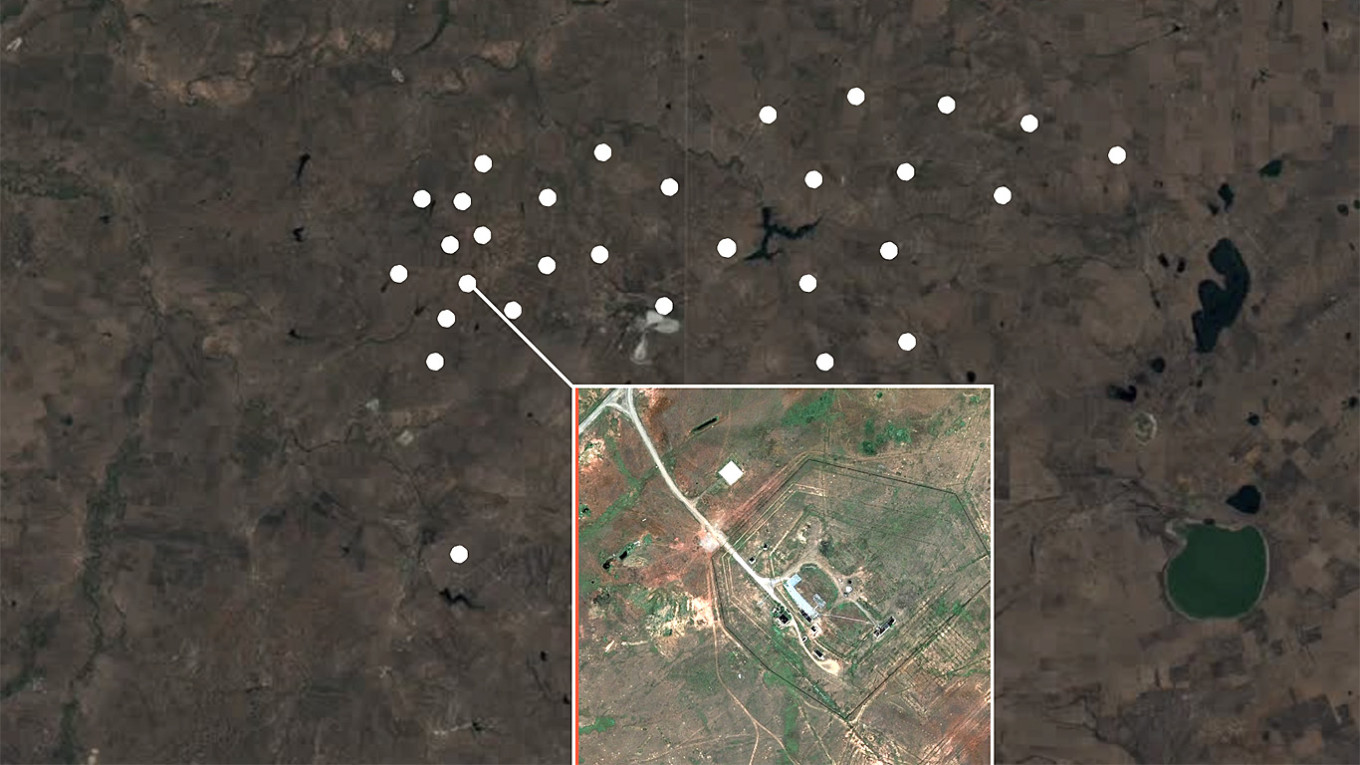On May 13, 2025, the United States escalated its “maximum pressure” campaign against Iran by imposing sanctions on over 20 companies accused of facilitating the shipment of Iranian oil to China. This move comes just days after the conclusion of the fourth round of nuclear talks between Iran and the U.S. in Oman, highlighting the ongoing tensions between the two nations.
The U.S. Treasury Department stated that the sanctioned network operated on behalf of Iran’s Armed Forces General Staff and its front company, Sepehr Energy. The network allegedly transported millions of barrels of Iranian oil to China, generating billions of dollars in revenue. These funds were purportedly used to finance Iran’s ballistic missile and drone programs, nuclear proliferation activities, and attacks by the Houthi militant group in the Red Sea, as well as aggression against the U.S. Navy and Israel.
Among the entities sanctioned are CCIC Singapore PTE, which reportedly assisted Sepehr Energy by concealing the oil’s Iranian origins and conducting pre-delivery inspections required before oil was transferred to China. Additionally, Huangdao Inspection and Certification Co Ltd was sanctioned for its role in assisting Sepehr Energy. Qingdao Linkrich International Shipping Agency Co Ltd was also targeted for aiding Sepehr Energy-chartered vessels with their arrival and discharge at Qingdao Port.
Tammy Bruce, a spokesperson for the U.S. State Department, emphasized the seriousness of the situation, stating, “We will continue to use all the tools at our disposal to hold the regime accountable.” This latest round of sanctions underscores the U.S. government’s commitment to curbing Iran’s ability to fund its military activities and support for proxy groups in the region.
The sanctions have already had a tangible impact on China’s independent refining sector, particularly in Shandong province. Recent measures against two small Chinese refiners, Shandong Shouguang Luqing Petrochemical and Shandong Shengxing Chemical, have disrupted operations and created broader effects. Several independent refiners have ceased purchasing Iranian crude due to concerns over sanctions, leading to logistical challenges and financial constraints.
Iran has criticized the U.S. sanctions, arguing that they are incompatible with ongoing diplomatic efforts. Iranian Foreign Ministry spokesperson Esmaeil Baghaei stated that the sanctions undermine the negotiation process and impact Iran’s stance. Despite both nations expressing a preference for diplomacy to resolve the long-standing nuclear dispute, significant differences remain that complicate achieving a renewed agreement.
President Donald Trump, during a visit to Saudi Arabia, reaffirmed his hardline stance on Iran, labeling it the most destructive force in the Middle East and accusing it of fueling suffering across several regional conflicts. Since returning to office in January, Trump has resumed a “maximum pressure” strategy against Tehran, which includes economic sanctions while leaving the option of military action on the table if diplomatic efforts fail.
Analysts suggest that while the sanctions have increased pressure on Iran and China, their effectiveness may be limited unless Washington targets China’s state-owned enterprises. The current measures primarily affect independent refiners, and broader impact would require more extensive sanctions.
The situation remains fluid, with further negotiations between Iran and the U.S. planned as both sides seek a resolution. However, the imposition of new sanctions amidst diplomatic talks underscores the complexities and challenges in achieving a mutually agreeable outcome.
Source: Reuters



